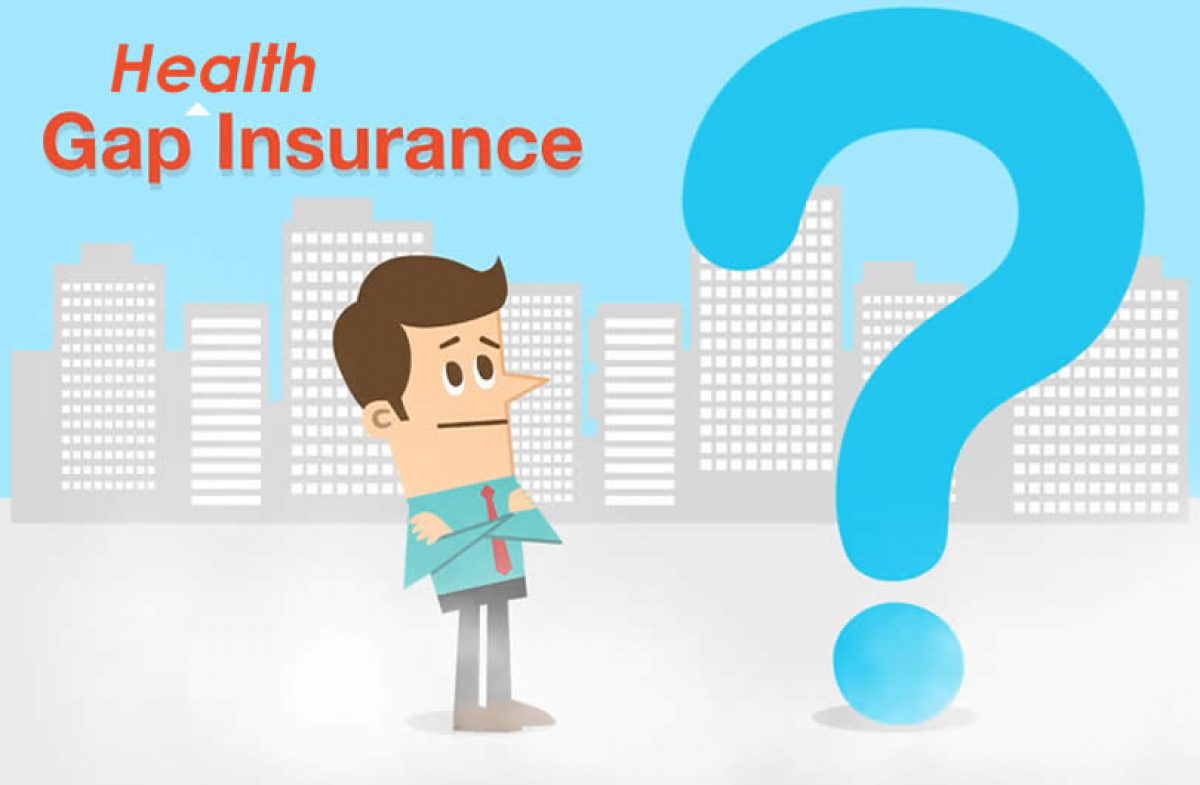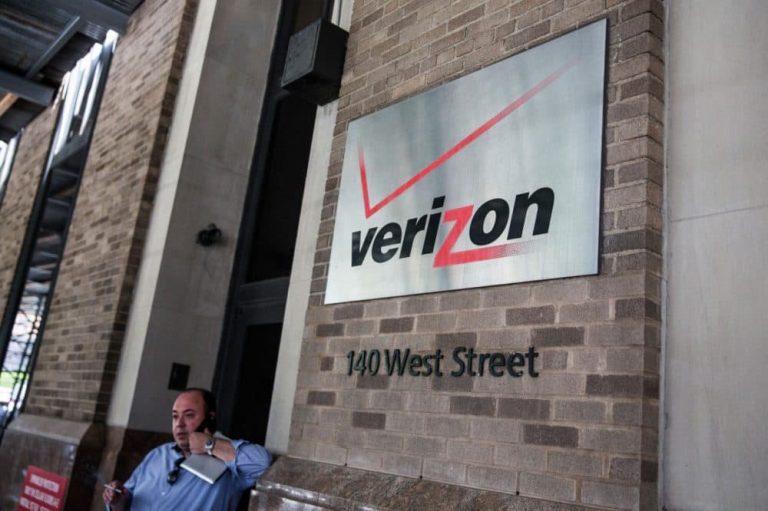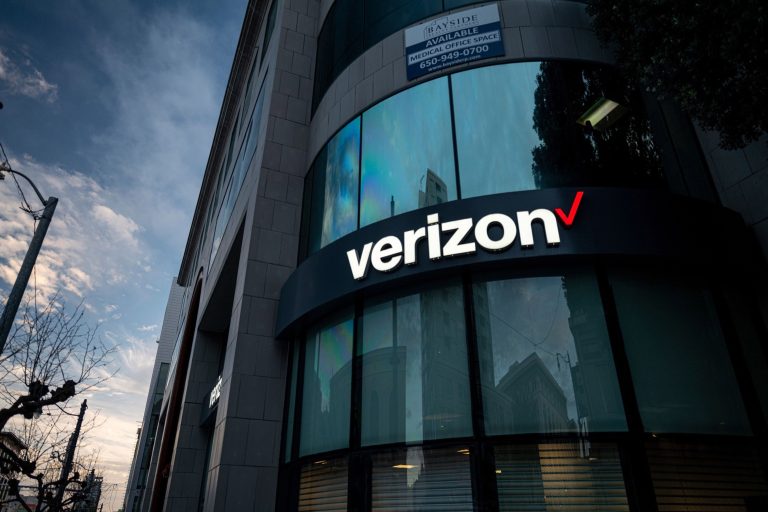Health insurance, while essential, doesn’t always cover every medical expense. There’s often a “gap” between what your insurance pays and what you owe out-of-pocket. This gap can include deductibles, coinsurance, and copays, and it can quickly add up to a significant amount, especially for major medical events.
The Role of Gap Health Insurance
Gap health insurance, also known as supplemental insurance, is designed to fill this gap. It provides additional coverage to help pay for those out-of-pocket expenses, reducing your financial burden. But is gap health insurance worth it? The answer depends on several factors, including your current health insurance coverage, your financial situation, and your personal risk tolerance.
The Pros of Gap Health Insurance
- Financial Protection: The primary benefit of gap health insurance is financial protection. It can help you avoid unexpected medical bills and prevent financial hardship. This is particularly important if you have a high-deductible health plan or if you’re at risk for major medical events.
- Peace of Mind: Knowing you have additional coverage can provide peace of mind. You can focus on your recovery without worrying about how you’ll pay for your medical expenses.
- Affordability: Gap health insurance is generally more affordable than traditional health insurance. This makes it an attractive option for people on a budget.
- Flexibility: Many gap health insurance plans offer flexibility in terms of coverage options. You can choose a plan that fits your specific needs and budget.
The Cons of Gap Health Insurance
- Limited Coverage: Gap health insurance typically has limited coverage compared to traditional health insurance. It may not cover all out-of-pocket expenses, and it may have exclusions for certain conditions or services.
- Premiums: While gap health insurance is generally affordable, you still have to pay monthly premiums. This is an additional cost to consider.
- Overlapping Coverage: If you already have comprehensive health insurance coverage, gap health insurance may be redundant. You may be paying for coverage you don’t need.
Factors to Consider
When deciding whether gap health insurance is worth it, consider the following factors:
- Your Current Health Insurance Coverage: If you have a high-deductible health plan or limited coverage, gap health insurance may be a good option. However, if you already have comprehensive coverage, it may not be necessary.
- Your Financial Situation: If you’re on a tight budget, gap health insurance may be an affordable way to get additional coverage. However, if you can afford to pay for out-of-pocket expenses, you may not need it.
- Your Personal Risk Tolerance: If you’re risk-averse and want to protect yourself from unexpected medical bills, gap health insurance may be a good option. However, if you’re comfortable with some financial risk, you may not need it.
- Your Health Status: If you’re in good health and don’t anticipate major medical events, gap health insurance may not be necessary. However, if you have a chronic condition or are at risk for major medical events, it may be a good idea.
Types of Gap Health Insurance
There are several types of gap health insurance available, including:
- Critical Illness Insurance: This type of insurance pays a lump sum benefit if you’re diagnosed with a covered critical illness, such as cancer, heart attack, or stroke.
- Accident Insurance: This type of insurance pays a benefit if you’re injured in an accident.
- Hospital Indemnity Insurance: This type of insurance pays a daily benefit while you’re hospitalized.
How to Choose a Gap Health Insurance Plan
If you decide that gap health insurance is right for you, it’s important to choose a plan that fits your needs and budget. Consider the following factors:
- Coverage: What out-of-pocket expenses does the plan cover? Does it cover deductibles, coinsurance, and copays? Are there any exclusions for certain conditions or services?
- Benefits: What benefits does the plan offer? Does it pay a lump sum benefit, a daily benefit, or both?
- Premiums: How much are the monthly premiums? Can you afford them?
- Deductible: Does the plan have a deductible? How much is it?
- Waiting Period: Is there a waiting period before the coverage takes effect?
Alternatives to Gap Health Insurance
If gap health insurance isn’t right for you, there are other ways to manage out-of-pocket medical expenses. These include:
- Health Savings Account (HSA): An HSA is a tax-advantaged savings account that can be used to pay for qualified medical expenses.
- Flexible Spending Account (FSA): An FSA is similar to an HSA, but it’s offered through your employer.
- Negotiating with Healthcare Providers: You may be able to negotiate lower fees with healthcare providers or set up a payment plan.
- Applying for Financial Assistance: Some hospitals and healthcare providers offer financial assistance programs for people who can’t afford to pay their medical bills.
Conclusion: Is Gap Health Insurance Worth It?
Is gap health insurance worth it? The answer is: it depends. It’s a personal decision that should be based on your individual circumstances. If you have a high-deductible health plan, are on a tight budget, or are risk-averse, gap health insurance may be a good option. However, if you already have comprehensive coverage, can afford to pay for out-of-pocket expenses, or are comfortable with some financial risk, you may not need it.
Read More: Humana Store Finder: Your Gateway to Convenient Healthcare






